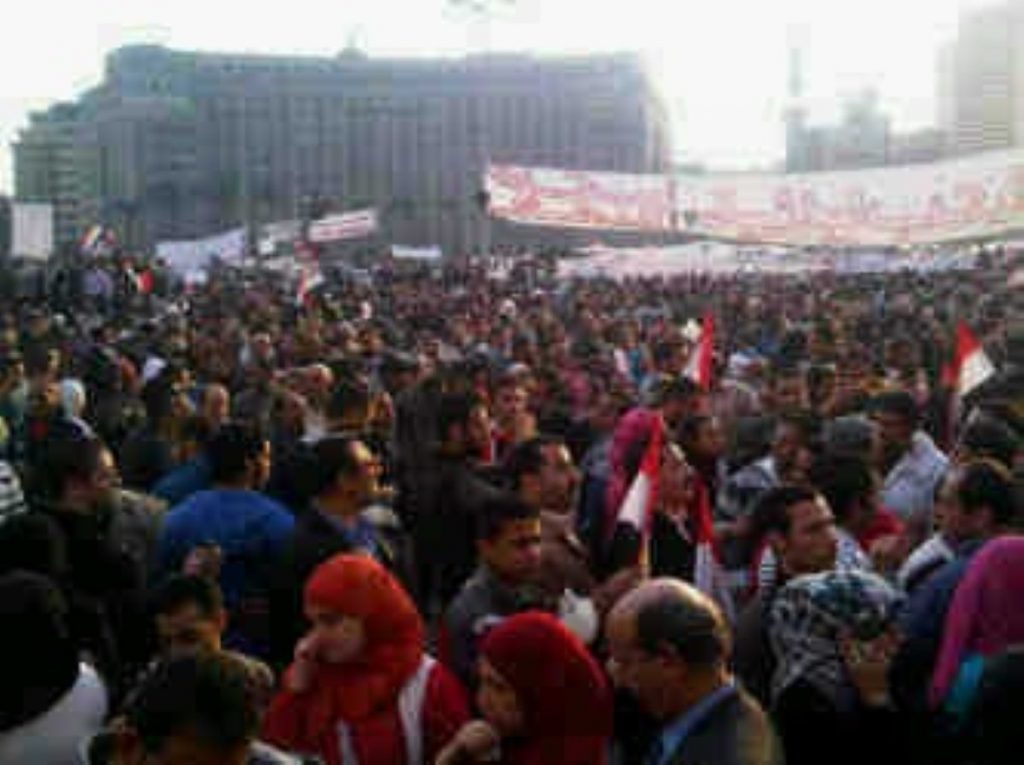Hague cautious about Egypt’s ‘challenging task’
By Cassie Chambers
Egypt's new president will have to work hard to achieve national unity, foreign secretary William Hague has warned.
Mr Hague said the UK government is committed to working with Mohammed Mursi, the newly elected president of Egypt, but warned that there are many important issues that the new government must address.
Mr Mursi, the Muslim Brotherhood's candidate in the election, was announced Egypt's first democratically elected leader yesterday. He won just over 51% of the popular vote to defeat the previous prime minister Ahmed Shafiq.


Mr Hague emphasised that the Egyptian people should be congratulated for their "commitment to the democratic process".
But he added: "It will be important for the new government to stand for national unity and reconciliation, to build bridges across Egyptian society and to uphold human rights, including the rights of women and religious minorities, and the rule of law."
He went on to underline the importance of Britain's relationship with Egypt, stressing that Britain would support the Egyptian people and its leaders "as they take steps to consolidate their democratic rights and institutions and to reinvigorate the Egyptian economy".
Many people question the power that the newly elected president will have moving forward, as tension leading up to the election led the ruling military council to strip some of the government's powers.
Mr Mursi will not, for example, have a sitting parliament or a constitution to define his role and authority.
Upon winning, Mr Mursi declared his commitment to being a "a president for all Egyptians, wherever they may be".
He added: "There is no room now for the language of confrontation."
Shadow foreign secretary Douglas Alexander also congratulated Mr Mursi on his election, commenting: "All parties must now commit to working together to establish democratic institutions, agree a constitution which respects individual rights, and build good relations with neighbours in the interests of the region and the wider world."









